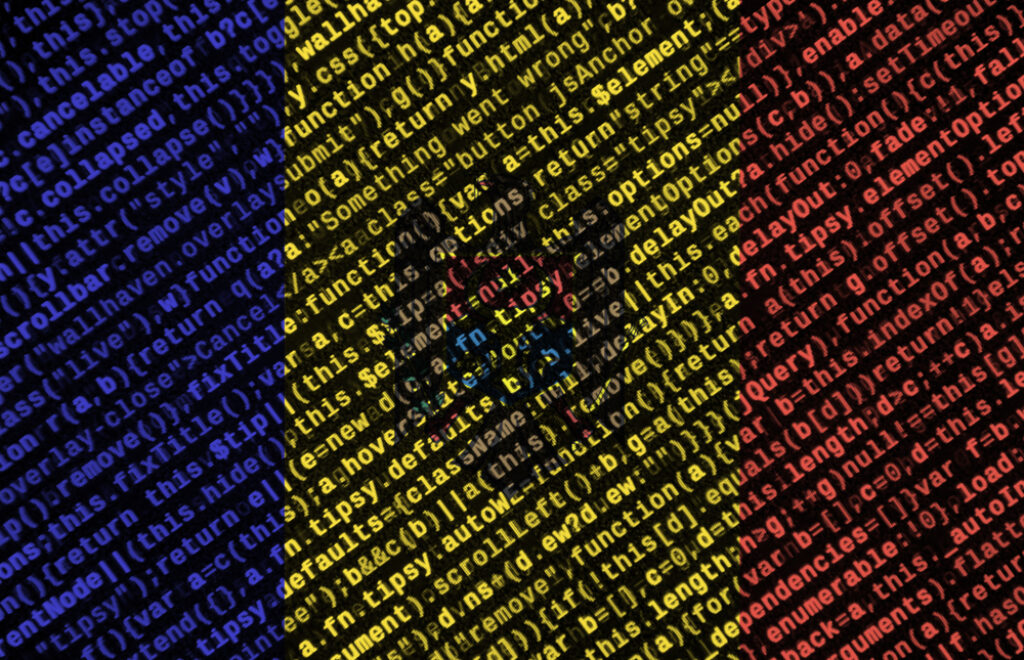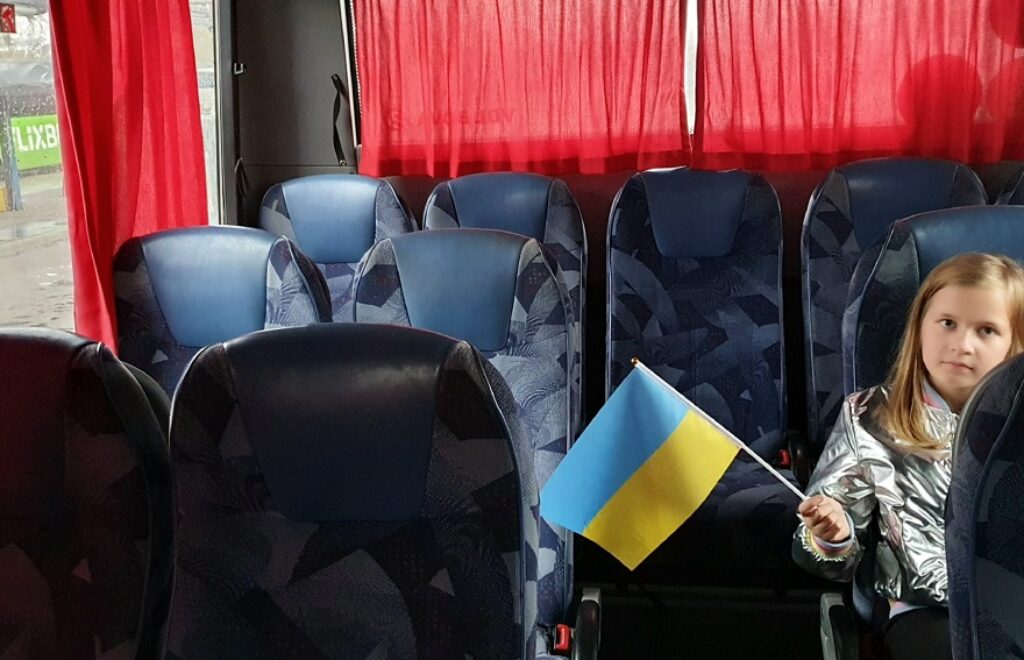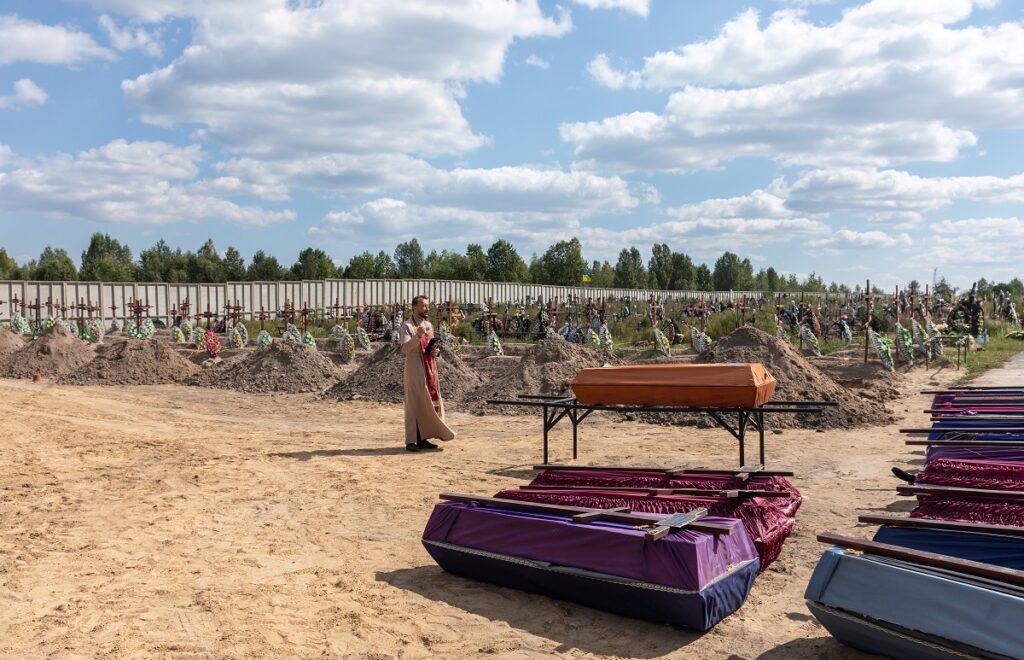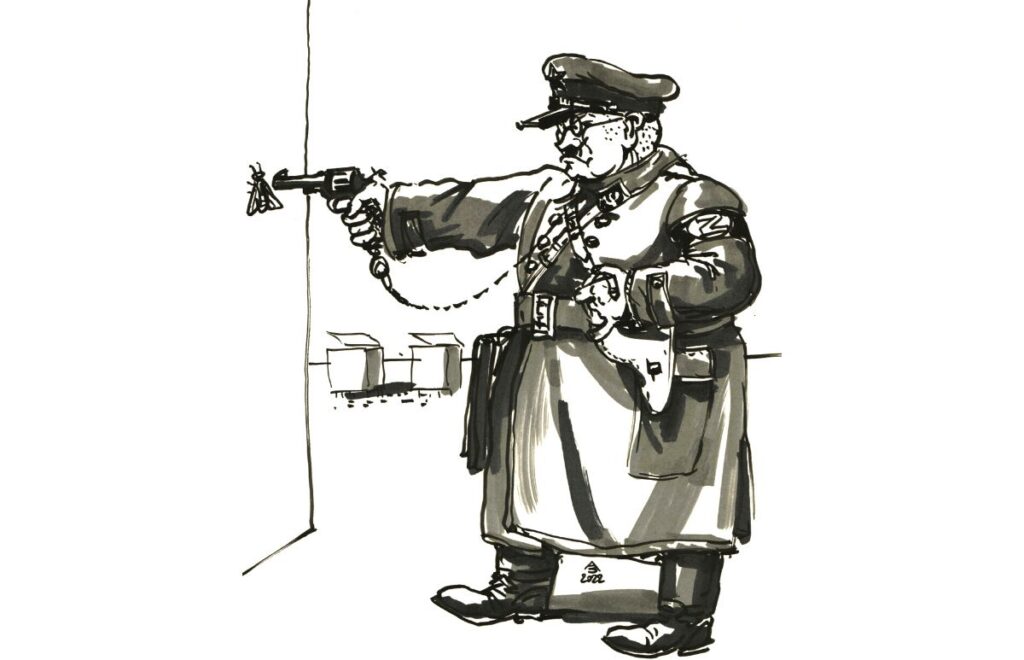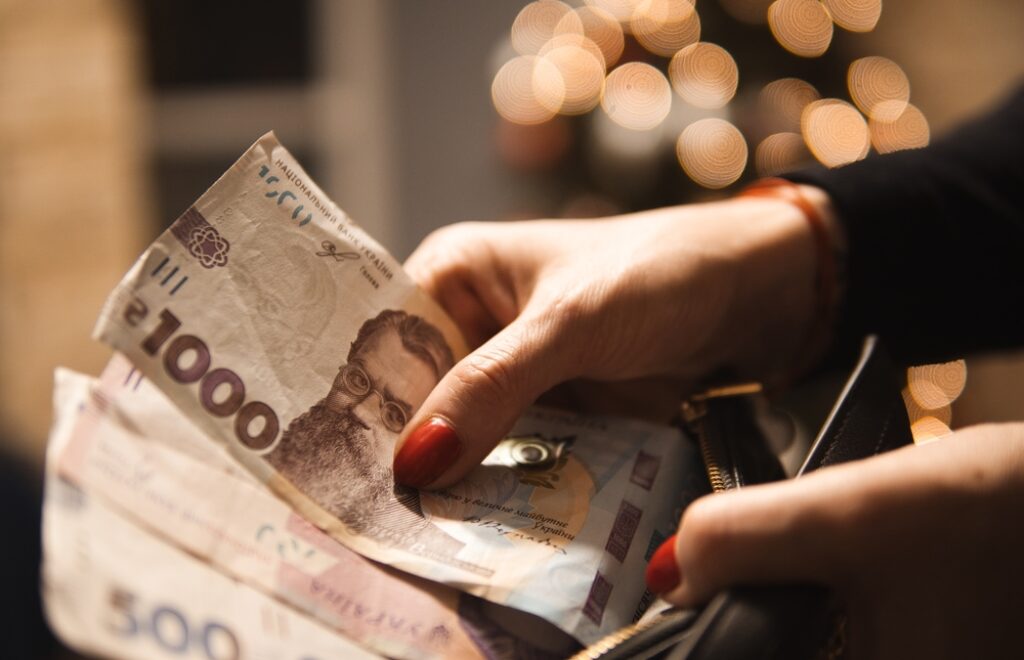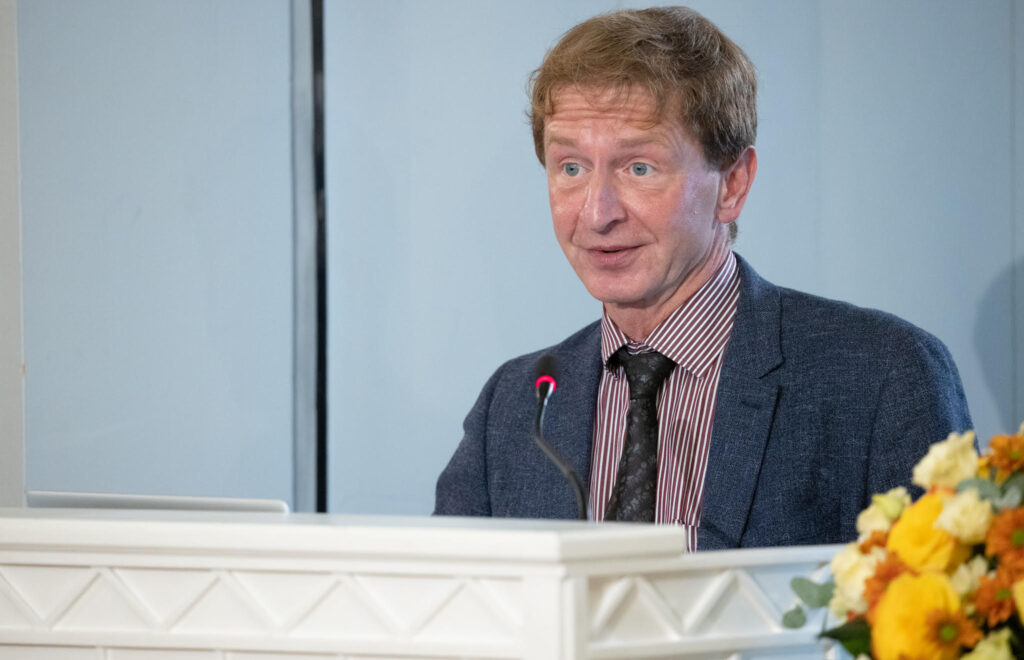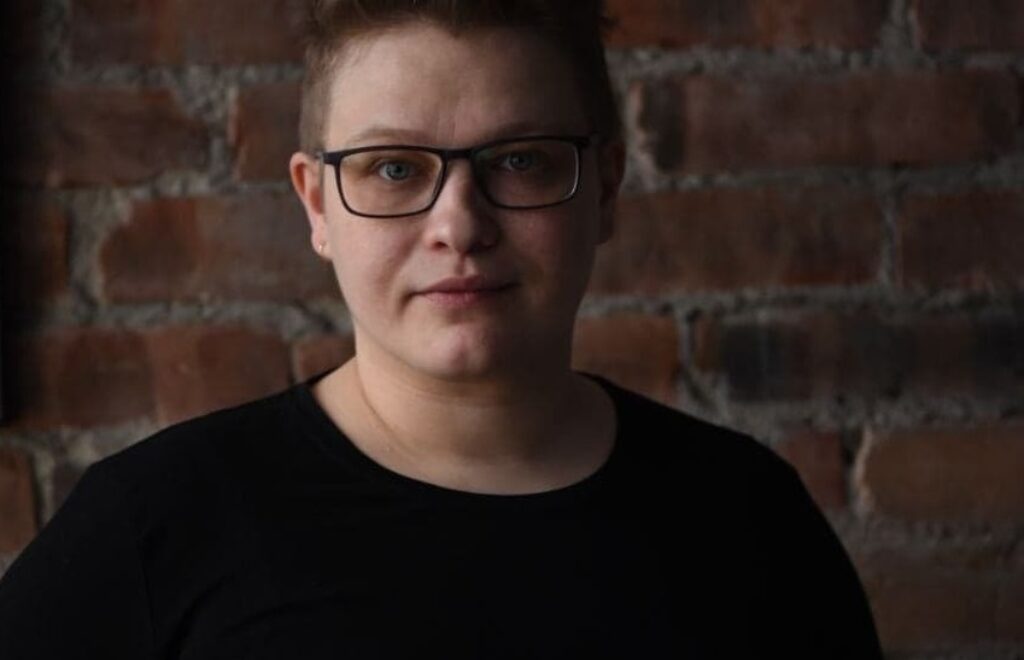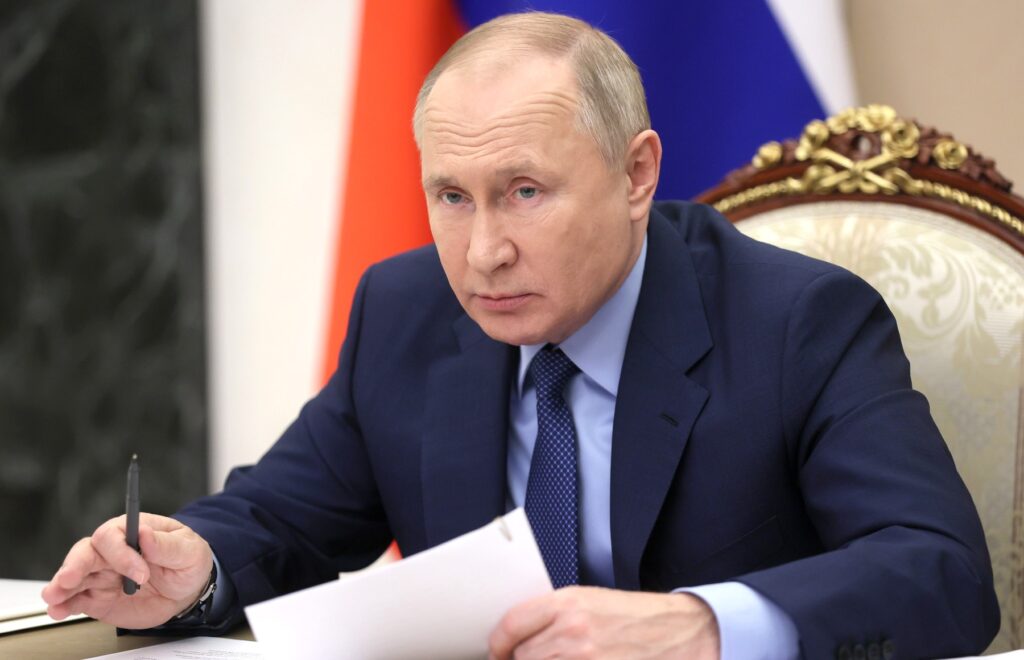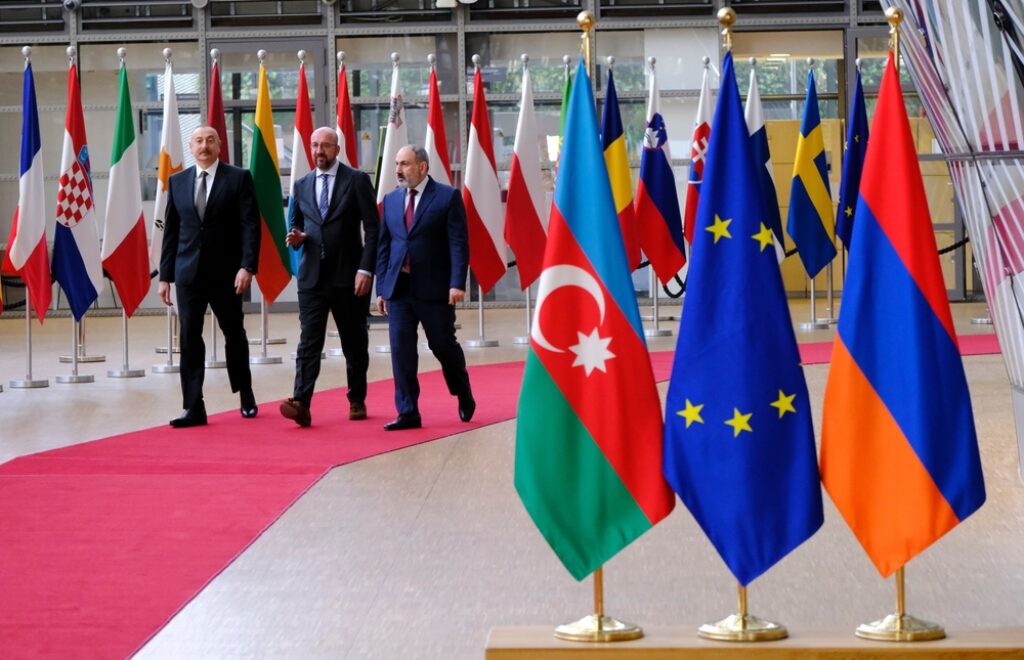Puzzles of an extremely difficult level. The post-war recovery of Ukraine
The current phase of Russia’s war against Ukraine started on February 24th 2022. Evidently, it marked a turning point in Europe’s history, whose consequences we will be seeing in the long years to come. As of January 2023, there are no clear signs suggesting how long the war will last. In fact, there is no end in sight. Nevertheless, alongside the ongoing negotiations on the armament of Ukraine and the next round of sanctions on Russia, there is also a process taking place around establishing the framework for future reconstruction efforts. There is no doubt that without a clear and effective institutional architecture, the recovery will become bogged down in a ton of risks and problems.
February 15, 2023 - Maciej Makulski



